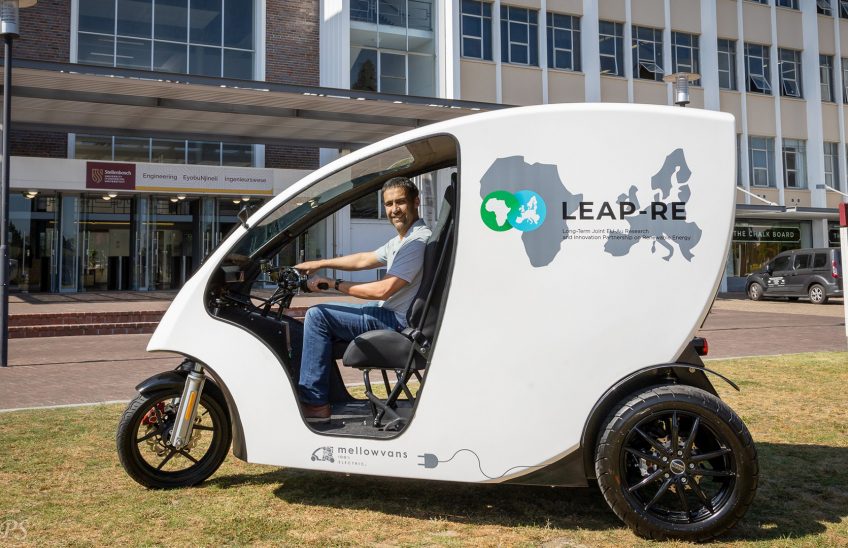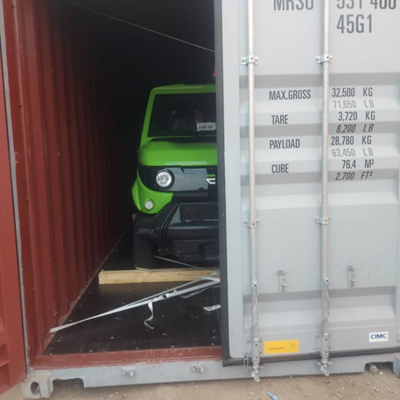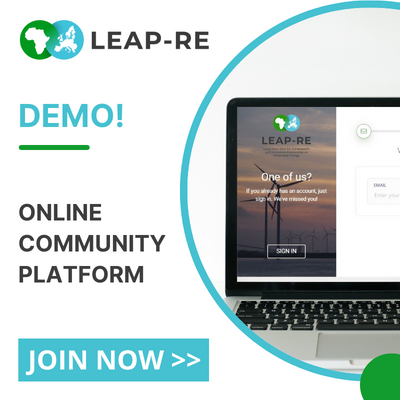One of the 13 projects funded under the first LEAP-RE call of projects, SolChargE aims at developing a decentralized solar charging system for sustainable mobility in rural Africa. In particular, the project is working on an off-grid electric vehicle charging solution and seeks to extend the application of electric mobility to the area of rural transportation. It includes a use case of transporting goods and people, which is today one of the most acute problems in Sub-Saharan Africa.
The intention is to use these charging stations in rural areas to provide clean and affordable energy for small-scale farmers. However, the station can also be used more generically as a clean off-grid power supply in under-serviced areas. The MellowVans vehicle will serve as a load with which to test the charging station in various use cases.

To develop e-mobility, charging infrastructure is indeed needed. SolChargE will be using second-life electric vehicle batteries as stationary storage in stand-alone solar-powered charging stations. More importantly, it develops, builds, and pilots a novel stand-alone solar charging station (SASCS) for electric vehicles as the central component of a decentralized transportation hub.
The decentralized transportation hub is based on several components: the charging infrastructure, an electric vehicle for instance of the type aCar, and the provision of a vehicle-based service to enable rural mobility. SolChargE is designed to find out the impact of deploying such a new technology, with the aims to improve the socio-economic activities by small subsistence farmers and promotion of green technology in the countryside.
One field test of the research project is conducted by the Adama Science and Technology University in Ethiopia and takes place at the Kulumsa Agricultural Research Center. To make the field test possible, two electric vehicles of the type of the aCar were recently delivered in Ethiopia.




